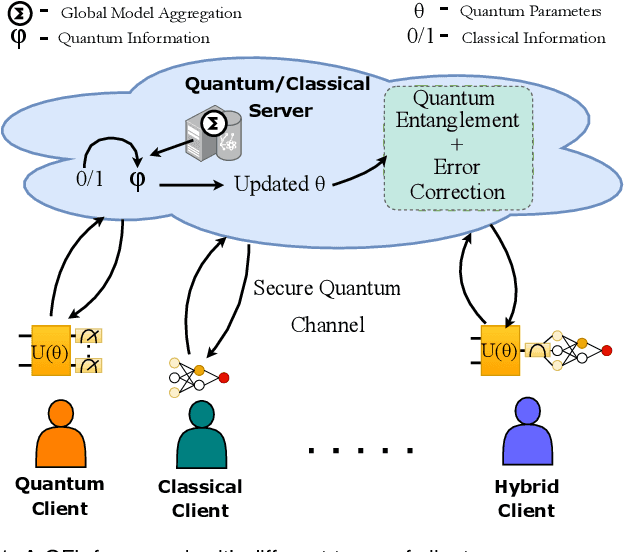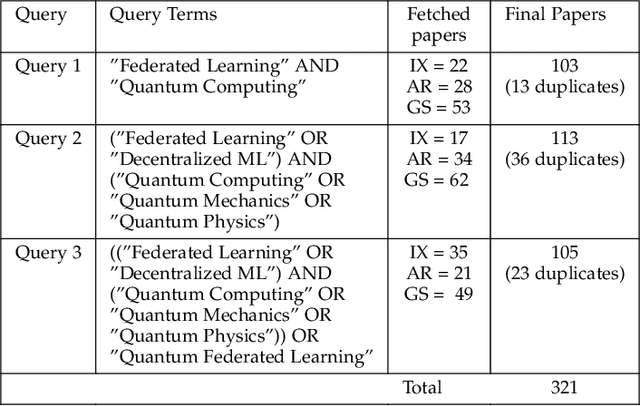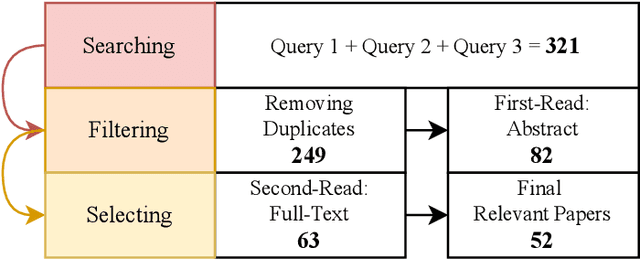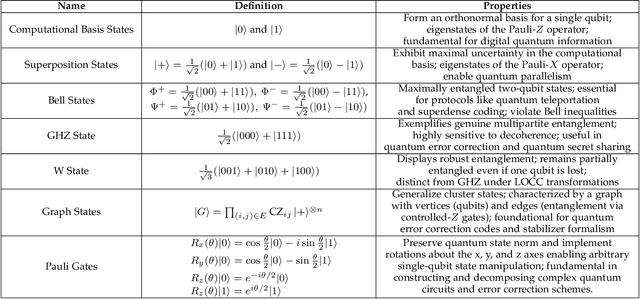Aakar Mathur
When Federated Learning Meets Quantum Computing: Survey and Research Opportunities
Apr 09, 2025



Abstract:Quantum Federated Learning (QFL) is an emerging field that harnesses advances in Quantum Computing (QC) to improve the scalability and efficiency of decentralized Federated Learning (FL) models. This paper provides a systematic and comprehensive survey of the emerging problems and solutions when FL meets QC, from research protocol to a novel taxonomy, particularly focusing on both quantum and federated limitations, such as their architectures, Noisy Intermediate Scale Quantum (NISQ) devices, and privacy preservation, so on. This work explores key developments and integration strategies, along with the impact of quantum computing on FL, keeping a sharp focus on hybrid quantum-classical approaches. The paper offers an in-depth understanding of how the strengths of QC, such as gradient hiding, state entanglement, quantum key distribution, quantum security, and quantum-enhanced differential privacy, have been integrated into FL to ensure the privacy of participants in an enhanced, fast, and secure framework. Finally, this study proposes potential future directions to address the identified research gaps and challenges, aiming to inspire faster and more secure QFL models for practical use.
 Add to Chrome
Add to Chrome Add to Firefox
Add to Firefox Add to Edge
Add to Edge